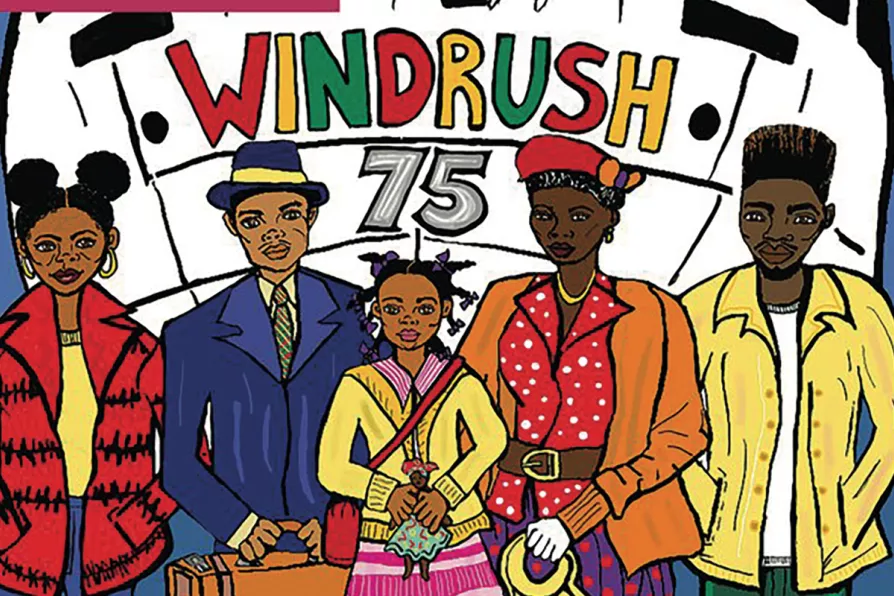As women dominate public services yet face pay gaps, unsafe workloads and rising misogyny, this International Women’s Day and TUC Women’s Conference must be a rallying point, says ANDREA EGAN


I AM the daughter of the Windrush generation. My mother arrived in Britain from the Caribbean in the early 1960s.
Like many others of the Windrush generation arriving in the ’50s and ’60s from the Caribbean, African and Asian regions, they came to work, to build a better future for themselves and loved ones.
Instead of being greeted by welcomes and opportunities, they were greeted by signs of “No blacks, No Irish, No dogs,” by colour bars in housing and in the labour market and more — by fascist attacks and police brutality.

by Henry Fowler, General Strike 100 project co-ordinator

This ‘Big Meet’ our focus is building the next ‘Megapicket,’ say HENRY FOWLER and GAWAIN LITTLE of the General Federation of Trade Unions

JAMES WALSH is moved by an exhibition of graphic art that relates horrors that would be much less immediate in other media










